Dealing with stress at work
Stress in the workplace can affect anyone. There are many things you can do to stay positive at work. It’s important to know you can get support if you need it.
What can cause stress?
There are several things that can cause stress, and everyone is different. Common causes of stress at work may include:
- not getting along with other employees
- doing the same thing for a long time
- too much work
- not enough work
- time pressures and deadlines
- changes in procedures or policies
- not having job security
- lack of opportunity for promotion.
Other things at work that can affect people include:
- not having enough space to work
- too much noise
- not enough noise
- dirty or untidy work areas
- poor lighting
- a lot of distractions.
What are some of the signs?
Some common signs of stress include:
- doubting yourself
- feeling upset or confused
- a fast heart rate
- headaches
- forgetting things
- making mistakes
- not communicating well
- changes in mood and getting angry easily
- drinking more alcohol or using drugs
- changes in sleep patterns, feeling tired and fatigue.
What can you do to stay positive?
If stress is related to your workload, work area or co-workers, arrange to talk to your manager or supervisor about it. Discuss what changes you might need to reduce the stress. For example, getting help with some of your tasks, flexible hours, or moving your workspace.
There are some other simple things you can do to help manage stress at work:
- make sure you take your breaks
- leave your workplace for a short period if you can – for example, take your break outside
- exercise during your breaks
- if you work on a computer, you can set up reminders to help you – for example, to get up and stretch every hour, look away from your screen, or drink some water.
There are also things you can do outside of work, such as:
- going on regular walks
- going out with friends or family or talking to them on the phone
- doing things that help you relax, like meditation, breathing exercises or hobbies you enjoy.
Avoid drinking too much alcohol or using drugs to release stress.
Work-life balance is also important. Think ahead about your time off and annual leave. Make time for your friends and family, sporting activities, hobbies or just time for yourself.
Where can you get help?
If you are feeling stressed you can get support. You can:
- talk to your supervisor, if you’re comfortable doing so
- talk to your Inclusive Employment Australia (DES) provider
- talk to your doctor or mental health clinician
- check if your workplace has counselling or support services.
There are also resources online. You can find resources from mental health organisations, listed on the Australia Counselling website.
You may also like to access a range of online programs about mental health and wellbeing at This Way Up.
Your employer may also be able to access the Employment Assistance Fund for mental health awareness training in the workplace.
Related pages
Last updated:
Dealing with stress at work

Stress at work can affect anyone.
There are things you can do to deal with stress.
And you can get support if you need it.
What can cause stress

There are many things that can cause stress.
And they are different for each person.
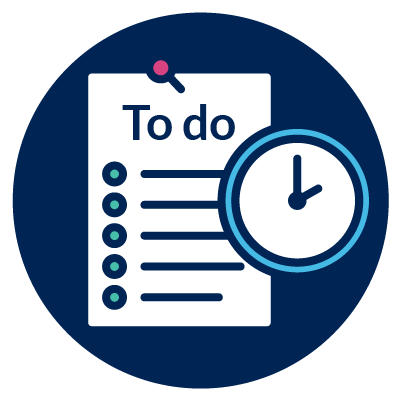
Stress at work can happen if you:
- have too much work to
- don’t have enough work to do
- don’t have enough time to do your work.

It can also happen when:
- you don’t get along with the people you work with
- you do the same task for a long time
- the rules about how to do your job change.

You might also feel stress if:
- you don’t know how long your job will last
- there isn’t a chance for you to achieve your goals.

Stress can also happen if you don’t like things about your Your workspace is where you spend most of your time while you're at work. For example, your desk or work area.
For example:
- too much noise
- not enough light
- not having enough space.
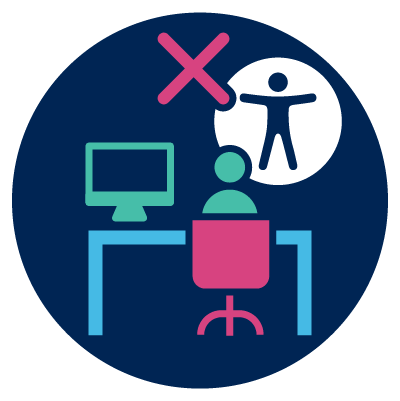
You might feel stress if your workspace is not When something is accessible it is easy to find, use and move around.
Signs of stress

Stress can affect you in many ways.
You might:
- feel upset
- get headaches.

Stress might make you:
- forget things
- make mistakes
- think you aren’t good at your job.

Stress can also make you:
- lose sleep
- have trouble talking to people
- get angry easily.

Sometimes stress can also make people:
- drink more alcohol
- use drugs.
Staying positive

You might feel stressed because of something about your work.
You can talk to your manager about getting support.
For example, changing your workspace.
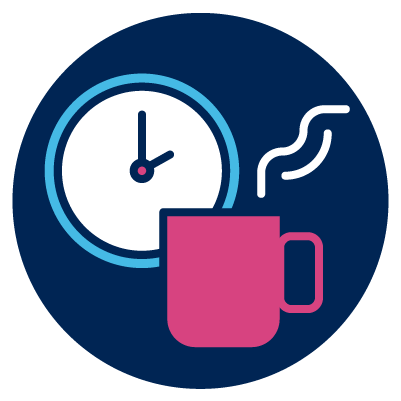
You can also deal with stress by:
- taking your breaks
- leaving your workspace for a short time.

It can also help to:
- exercise on your breaks
- go outside.

There are things you can do outside of work to help with your stress.
You can:
- spend time with friends and family
- go for a walk
- do some relaxing hobbies.
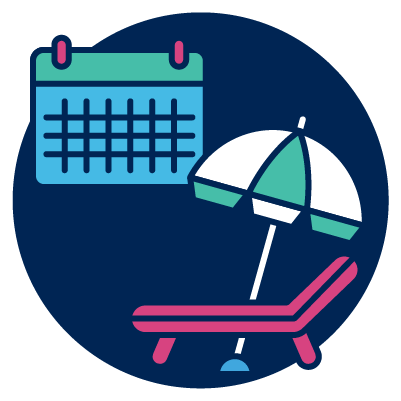
It is important to find a balance between your work and your personal life.
You can plan ahead when you want to take time off work.

Try not to use alcohol or drugs to deal with stress.
This can be bad for your health.
Where you can get support

You can get support if you feel stressed.
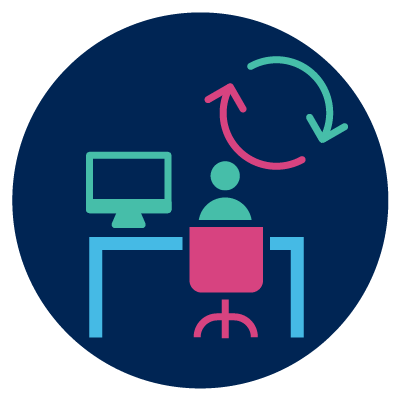
You can talk to your An employer hires people to work for them. if you want to.
They might help you change:
- your workspace
- your work hours
- how much work you have.

Your employer might have a Counselling services work with you to explore how you think and feel. They can help you feel safe and understand what happened to you.

If you have a Inclusive Employment Australia providers help people with disability find and keep jobs. You can talk to them about your stress.

You can also get help from a:
- doctor
- mental health expert.

You can find many mental health organisations online.
You can visit the Australia Counselling website to find a list of them.
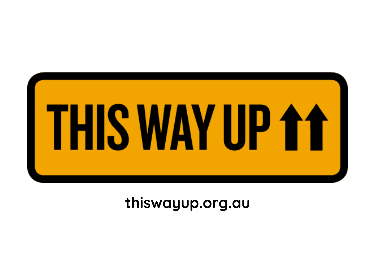
You can also learn about ways to improve your mental health online.
You can visit the THIS WAY UP website to find out more.
THIS WAY UP is funded by:
- the Australian Government Department of Health and Aged Care
- NSW Health.

Your employer might also be able to use the The EAF can cover the cost of supports and services so people with disability can do their job and get help with finding a job. for training about mental health.
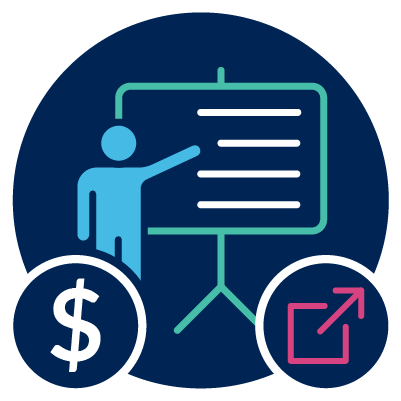
You can find out more on our page about funding for changes in the workplace.

